Introduction
Preparation for Chaos and its integration into the system of Greek cosmogony
In the vast tapestry of Greek mythology, where gods and heroes weave tales of triumph and tragedy, there lies a primordial force that precedes all existence: Chaos. The mysterious being, typically seen as a shapeless and endless space from whence the universe originated from. Contrary to the ordered worlds of the gods and mortals, chaos symbolizes the wild and unruly universe and is the well-spring of all possibility.
In classical Greek mythology, it means “the formless” or “the void”, but it is more than that; it means “the dynamic power preceding the creation of cosmos”. Chaotic gods such as Gaia (earth) and Eros (love) among others emerge from the depths to create the universe. Disorder, however, extends beyond creation. It has the influence on the cosmos, and its effects occur in the cycles of birth and death and warns us about the untrustworthiness of the universe.
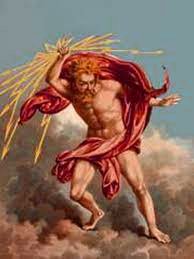
Chaos as the primordial force.
One of the major ideas in the antique Greec world was chaos. The domain of life was the wild, and the unknown, which lay beyond the bounds of intelligence. On the other hand, Chaos was seen as a great resource and strength, a power that has a possibility of giving birth and causing death.
For the Greeks Chaos was not something bad but an essential component of the cosmic order. This guaranteed that the universe should neither be too stable, nor rigid. These events were chaotic manifestations of disorder in the natural world like storm, earthquake and volcano.
State of chaos, an enigmatic indefinite state.
The conventional description of chaos describes it as an unformed, undemarcated, and uncoloured void. It is a place that nothing is known about and where the laws of physics and logic have no effect, a realm of infinite opportunities. The Greek’s inability to go beyond their immediate surroundings is also reflected in this chaotic side of the Chaos.
Chaos does not have a shape, but it is not static. This is life that never stops stirring and changing, giving rise to fresh concepts. At times, this chaotic essence can be associated with creativity considering that it entails an unlimited potential for reform and invention.
We can never cease to marvel at chaos in the Greek mythology which teaches us how unstable this world is and how infinite its potentialities really are. Untapped resources and unchartered territories of existence include the untamed and the unknown world. Hence, chaos serves as a reminder of how integral and complicated the universe is, a place where all mysteries will eventually become known.
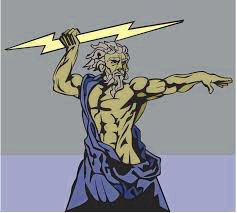
Defining Chaos – Chaos and the Greek creation myths
Ethmology and philosophical basis of chaos.
One word for “Chaos” is an old Greek word “Χάος” which is pronounced Khaos. It suits very well since it embodies not only a chaotic and boundless expanse that had existed before, but also.
Primal chaos was considered a realm that had not yet been defined by structure or order and thus lacked definite limits. It was a land where there was no limit of whatever as the physical laws and logic were no longer applied. In the midst of this mayhem, the embryo of creation whose life shall arise from the mayhem slept waiting to arise as a live form.
As the void before creation
In Greek creation myths, this void that the Universe formed from is referred to as Chaos. It was a place of blackness, it was empty nothingness. Whereas the ordered and structured world that evolved from Chaos portrays the sudden change that occurred during creation.
Chaos means life before life. It is the origin of the creation of the universe; it is an indication that even the most planned and ordered systems trace their roots from the wild opportunities of the unknown.
Unlike the unruly and haphazard order.
Often, chaos is equated with disorder and lack of order. It is a fieldless domain with zero boundaries, orderliness, and predictable patterns. There is no apparent order which symbolizes a stage before creation in its absence.
A world of chaos is the complete antithesis to the organized world from which it sprang out. It also tells how they have the power to make an order out of chaos. It also serves as a message that there isn’t a difference in chaos and order, but merely two faces of the universe.
Chaos as the Origin – Chaos and the Greek creation myths
As a starting point of Greek creation myths, chaos.
Chaos gives birth to the universe and it is a necessary concept in Greek creation myths. The Theogony by Hesiod is one of the most important texts of the Greek mythology. It describes Chaos as the primordial entity that existed even before Gaia (Earth), Tartarus (underworld), and Eros (love).
Chaos is what follows at the beginning, which shows the significance of chaos in the entire creation procedure. This means that chaos continued to exist and within it lies the possibility of creating the highly expanded universe consisting of thousands of galaxies. Such an idea concurs with the idea of a circular cosmology that embraces creation and destruction as co-existing.
In primordial times when there were no gods or beings.
The state of life without deities or in fact pre-Chaos is commonly referred as the void period or “pre-Chaotic era”. The chaos represents primordiality, being life and consciousness absent. It preceded life and all living creatures.
In pre-chaos, there are no gods or entities. Therefore,this age is transformative in itself as it creates out of nothingness alone. The implication here is that the world started from an unknown stage before the gods existed.
Chaos as a focus of creativity.
Even though it entails disorder and dis-orderliness, Chaos does not signify the status of being static and dead. Also, this is a very dynamic world ever moving. Within that primordial chaos there were seeds of the universe.
Therefore, life’s creative and innovative dynamics are caused by chaos, just because the dynamics are extremely dynamic. The existence of Chaos in this universe means that it keeps on changing and therefore it is a moving system comprising of limitless possibilities.
Chaos and Elemental Forces – Chaos and the Greek creation myths
Chaotic Forces as the Elemental Source for Exploration.
As a matter of fact, Chaos in Greek mythology was the primordial void and the source of the elements. Fire, air, water and earth usually originate from the deep stirring depths of Chaos each representing a distinct characteristic of primordial energy.
Chaos represents the raw energy and unbridled might of fire. The essence of change that can form or break down. The vastness and unreliability of air represents the same qualities of disorder and the unknown. It is the element of motion and the bearer of seeds of creation throughout the universe.
As a flowing substance, water symbolizes the change-inducing qualities of Chaos. Life’s essence and breath that flows constantly shaping the world. Chaos manifests itself through the stability of earth with its firmness and structure. He is the fixed point and the permanent basis on which the ever changing world rests.
Primal things arising from the Chaos.
A key concept in Greek mythology involves the emergence of the primitive elements from Chaos. Although these elements are different, they are connected and interdependent. They go into a dance of complex creation and annihilation, molding their environment.
The conflict between order and chaos is symbolized by fire and water that have different nature. Fire is meant to devour and to change whereas water is for nourishing and conserving. They create new forms and possibilities that keep being born again and reborn.
The contrast of air and earth embodies the ever changing equilibrium of motion and steadiness. Through air’s endless vastness pass the germs of evolution and transformation, whilst earth provides stability upon which growth and creativity have their being. By interacting, they play a vital role in keeping the universe developing.
The chaos that structures the basis on which the cosmos is formed.
The chaotic interaction with elemental spirits forms the basis of heaven and earth. It supplies rough force that creates the transforming forces of production, yet it retains a sense equilibrium between order and chaos. Chaos can be seen in every corner of nature, from storms shaping lands to seasons, which make life possible.
Similarly, chaos also acts as a warning that everything is so disordered in the world, with infinite possibilities. It questions concepts of orderliness and authority, and urges us to explore the realm of mystery which is unexplained. Chaos thus contributes immensely to the constant change of the cosmos, keeping it an ongoing, ever-evolving entity.
Conclusion – Chaos and the Greek creation myths
This chaos, or the primordial void, from which the cosmos was born speaks volumes towards the power within the universe and its randomness. For the Greeks, the snake symbolizes more than that – it is an example of the battle between the four primal forces of existence and the act of Creation itself.
The chaotic aspect of chaos, which is without order and structure, questions everything we take for granted about ourselves and the world. The existence of the Cosmic Egg symbolizes that chaos has not lost its ability to generate new life.
Chaos has been a source for philosophical, as well as religious reflections upon the nature of reality, the limits to man’s comprehension of it, and what divine powers lie behind it. This has left a lasting print in mythology, artistry and literature, demonstrating how powerful a mark it has made on human psyche.
FAQs – Chaos and the Greek creation myths
How does Chaos relate to Greek mythology?
The existence of order outweighs that of chaos and thus signifies the void from where the universe originates from in Greek creation myths. From it are derived essential forces which dominate the world’s order and manifestation. Furthermore, chaos also stands for the unknown, limitless possibilities, and inherent uncertainty of the universe.
What is the role played by Chaos in the formation of the universe?
From out of chaos comes the first elements that create the void in which order is born once more. By interacting with them, this formless substance constitutes at the source of things as well as in their re-birth or decay.
What is the meaning/significance of Chaos (beyond a literal understanding of it in Greek mythology)?
Chaos is about disorderliness in nature, the unexplainable wild forces that go beyond the human understanding. The concept denotes the fundamental power which pushes creation, the unexplored regions which exceed our immediate visualizations, and the unlimited possibilities in the entire universe.
What influence did the idea of chaos have on philosophy and religion?
In terms of philosophy and religion, chaos has been at the forefront for many centuries. This concept is linked to the idea of physis, the inherent nature of things that takes precedence over physical form, perceived as superior power that exists before all the manifestations of life. Thus, Chaos remains a stimulus and source of contemplation for modern philosophy and religion.
How does chaos live on as a legacy in Greek mythology and beyond?
However, it is chaos’s lasting influence on human minds that defines its eternity. It has provoked a generation of artists, writers and intellectuals to consider the place of humans in universe and possibilities for life beyond currently understood realms of reality.


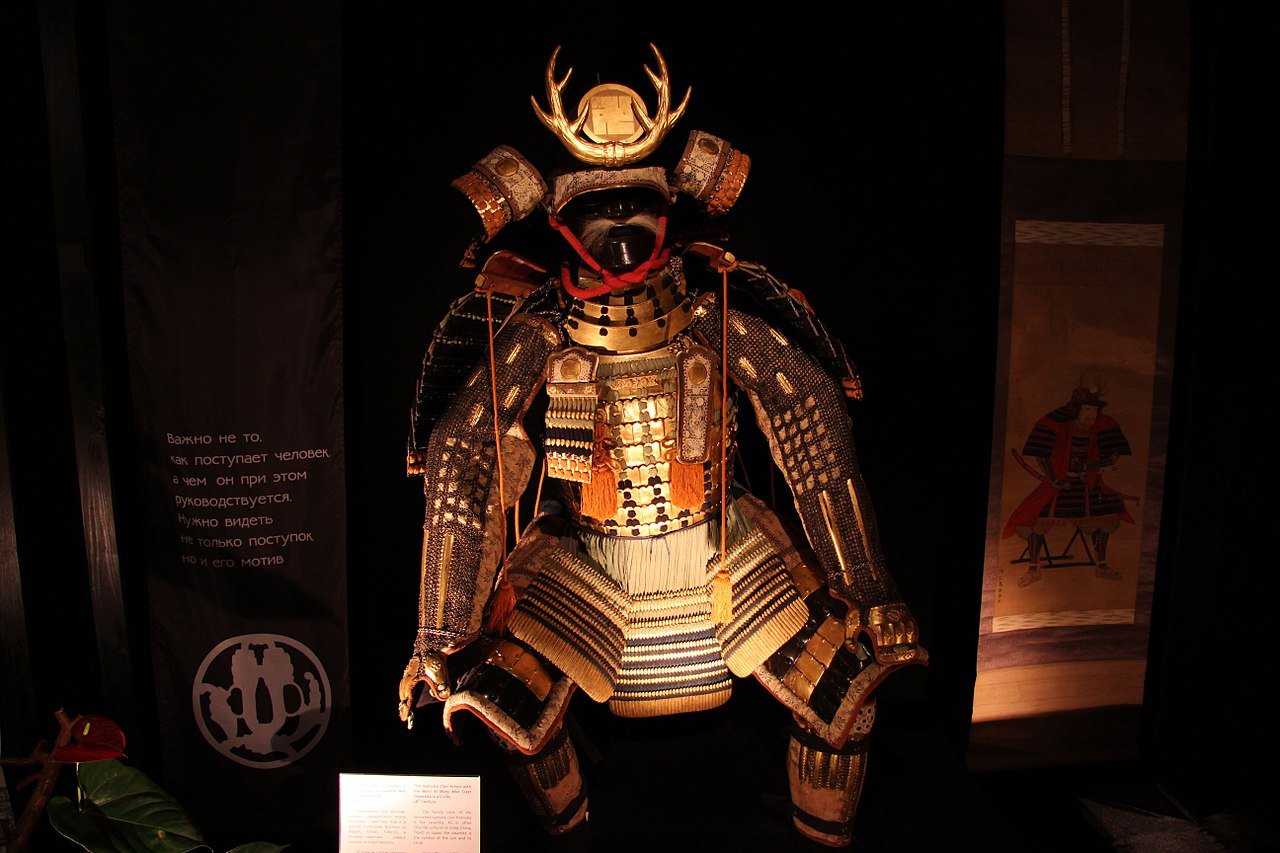
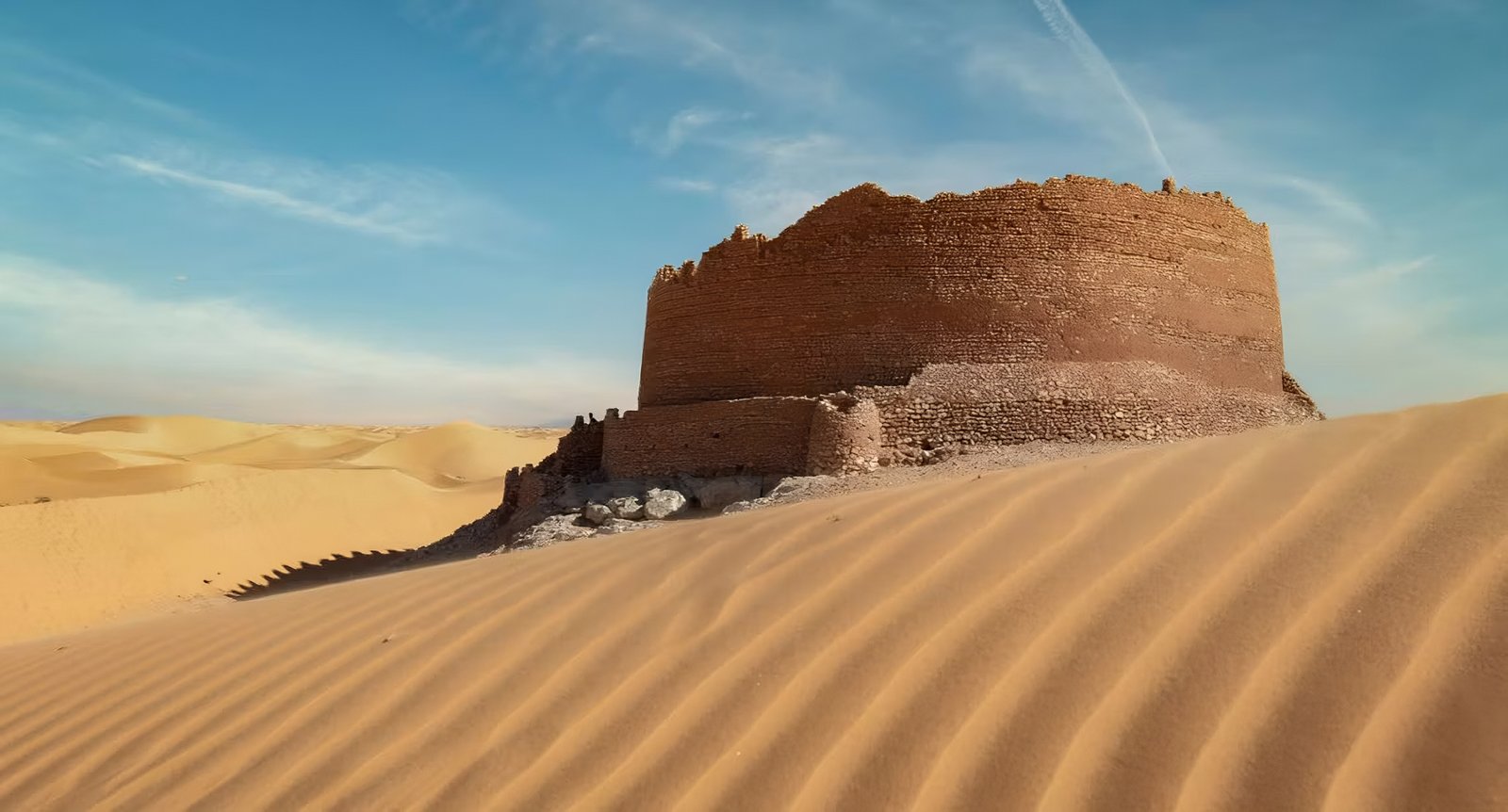
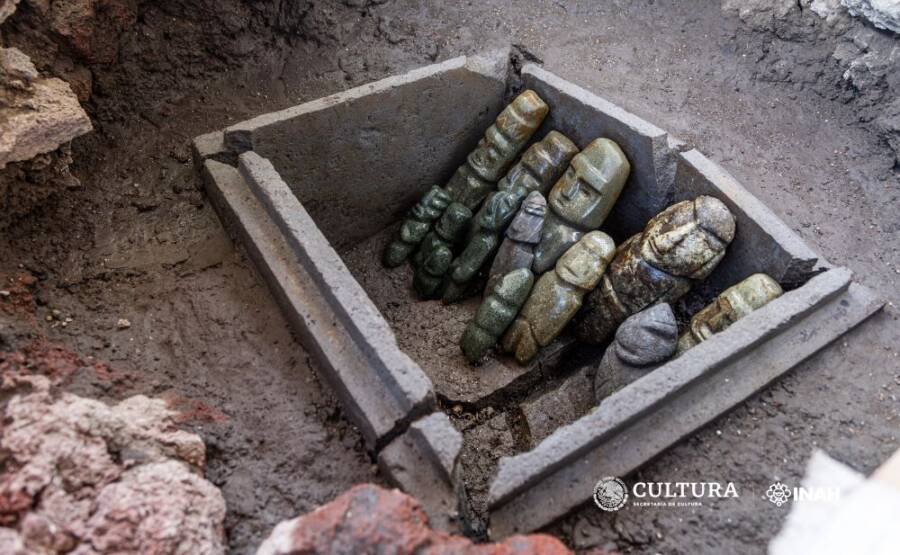


2 thoughts on “Beyond Order: Chaos and the Greek creation myths, The intriguing influence of beginnings”
Pingback: no prescription canadian cialis
Your article helped me a lot, is there any more related content? Thanks!